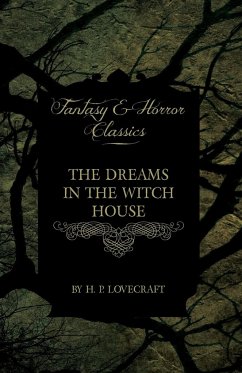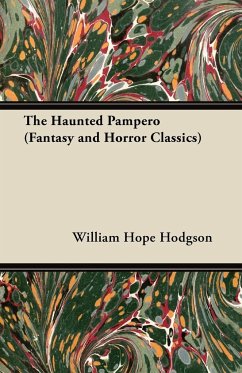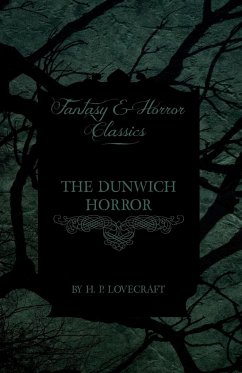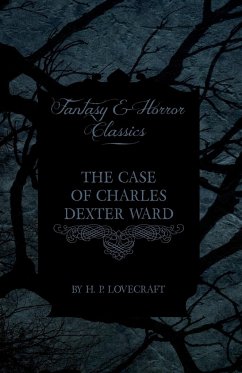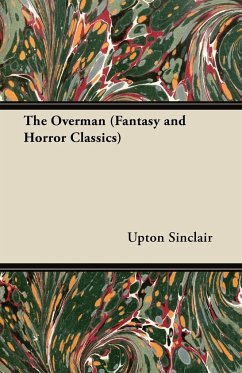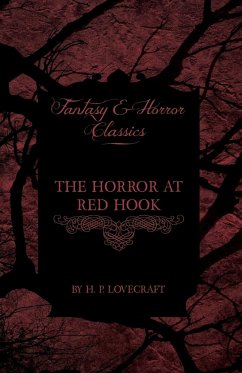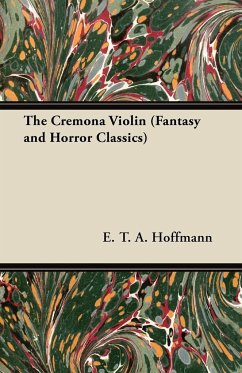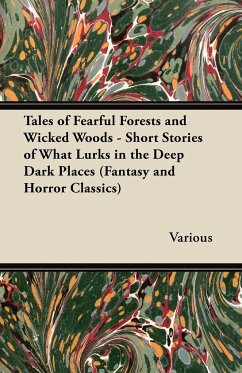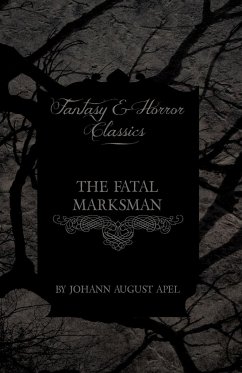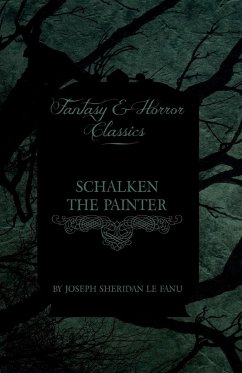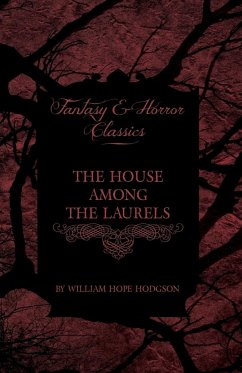
The House Among the Laurels (Fantasy and Horror Classics)

PAYBACK Punkte
9 °P sammeln!
The House Among the Laurels is one of the most celebrated short stories starring Thomas Carnacki, The Ghost-Finder, the recurring psychic investigator created by maritime horror master William Hope Hodgson (1877-1918). The story follows Carnacki's methodical investigation as he attempts to unravel a phenomenon that has driven previous occupants to the brink of madness. Unlike typical ghost stories, Carnacki's method is a fascinating as he uses complex scientific instruments, like his patented Electric Pentacle and various powders and seals, to analyze and ward off the entity. Relying on esoter...
The House Among the Laurels is one of the most celebrated short stories starring Thomas Carnacki, The Ghost-Finder, the recurring psychic investigator created by maritime horror master William Hope Hodgson (1877-1918). The story follows Carnacki's methodical investigation as he attempts to unravel a phenomenon that has driven previous occupants to the brink of madness. Unlike typical ghost stories, Carnacki's method is a fascinating as he uses complex scientific instruments, like his patented Electric Pentacle and various powders and seals, to analyze and ward off the entity. Relying on esoteric lore and his own extensive knowledge of the Sigsand Manuscript, a fictional ancient text that contains information on the true nature of spiritual forces. Is the haunting a malicious hoax, or an authentic attack by a terrifying entity from the "Outer Monstrosities" beyond human comprehension? The House Among the Laurels is a masterclass in atmospheric dread, offering a chilling look into the dark borders of the human world and the heroic, methodical figure required to protect it. It is a foundational text that bridges Victorian supernatural fiction with 20th-century cosmic horror.





